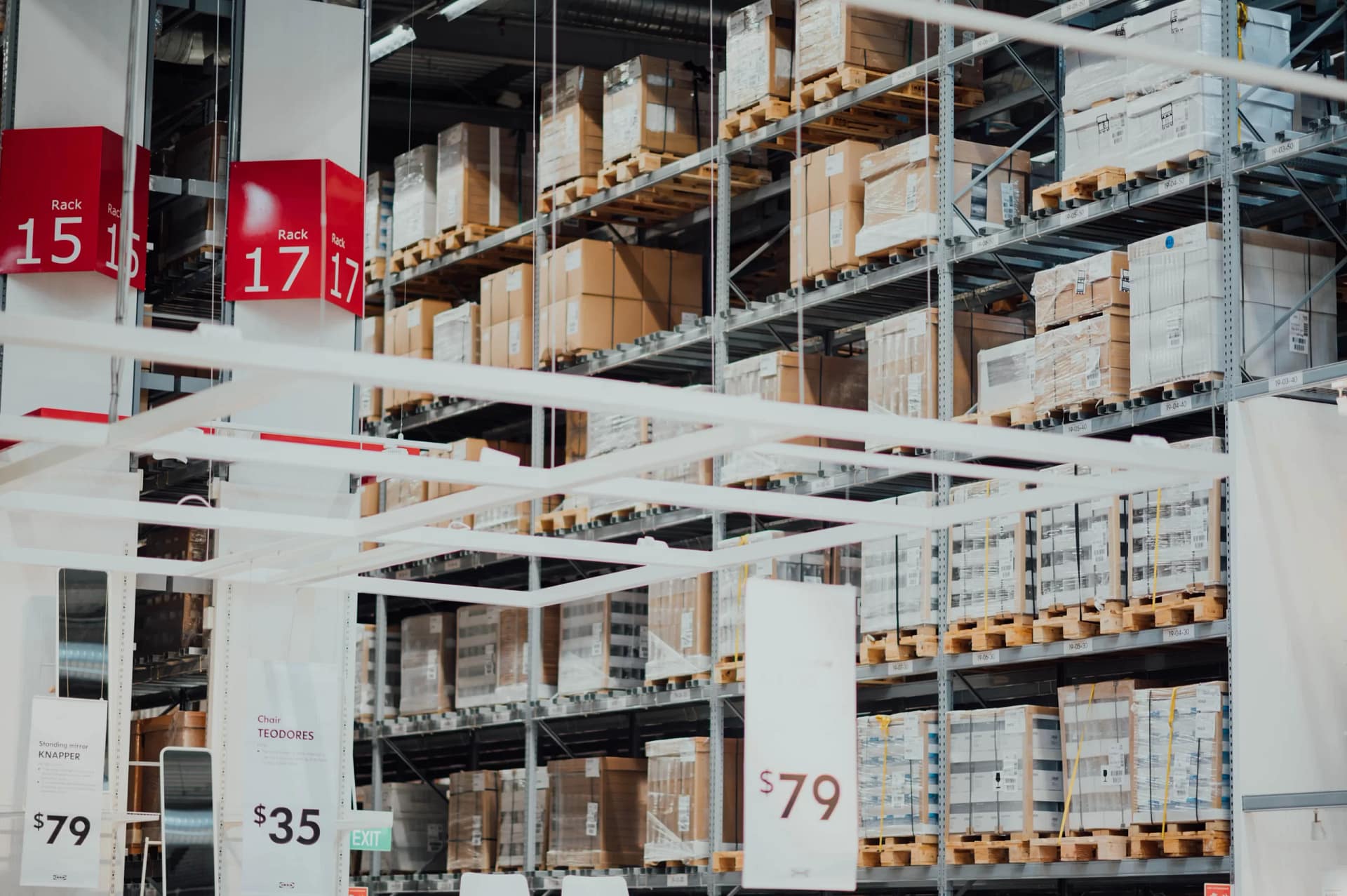AI-Powered Cyber Threats: How Businesses in Thailand Can Stay Resilient
As artificial intelligence evolves, so do the threats facing today’s businesses. AI-powered threaths/attacks are increasingly targeting organizations, exploiting vulnerabil
Terminal Operators Insurance covers for damage to cargo while in their care, custody and control for purposes of import and export.
Terminal Operators Insurance is a type of insurance specifically designed for businesses or entities that operate terminals. Terminals are facilities used for the storage, handling, and transportation of goods, often involving modes such as shipping, rail, or trucking. These facilities can include storage tanks, warehouses, docks, and other infrastructure.
Property Coverage: Protection for physical assets such as buildings, storage tanks, machinery, and other infrastructure at the terminal against risks like fire, theft, or natural disasters.
Liability Coverage: Protection against third-party claims for bodily injury or property damage that may occur on the terminal premises.
Environmental Liability Coverage: Coverage for pollution-related risks, given that terminals often handle materials that could pose environmental hazards.
Business Interruption Insurance: Compensation for income losses and additional expenses incurred if the terminal’s operations are disrupted due to covered perils.
Cargo Insurance: Coverage for loss or damage to goods while they are in the custody of the terminal operator.
Cyber Insurance: Protection against cyber threats and data breaches, which are becoming increasingly relevant in the digital age.
Workers’ Compensation: Coverage for work-related injuries or illnesses suffered by employees working at the terminal.
The specifics of Terminal Operators Insurance can vary based on the nature of the terminal’s operations, the types of goods being handled, and other factors. Terminal operators face unique risks related to the handling and storage of goods, transportation, and the potential for environmental impact, making specialized insurance crucial to mitigating these risks and ensuring the smooth operation of their facilities.

In addition to the core coverages mentioned, terminal operators may need to consider the following factors when assessing their insurance needs:
Regulatory Compliance: Terminal operators often need to comply with various regulations, including environmental laws, safety standards, and industry-specific regulations. Insurance coverage should align with these regulatory requirements.
Contractual Obligations: Review contracts with clients, suppliers, and service providers to understand insurance requirements and ensure that your coverage meets contractual obligations.
Supply Chain Risks: Assess the potential impact of disruptions in the supply chain, and consider insurance solutions that address business interruption and contingent business interruption risks.
Terrorism Coverage: Evaluate the need for coverage against terrorism-related risks, especially if the terminal is located in an area with an increased risk of such events.
Equipment Breakdown Coverage: Consider coverage for the breakdown of critical equipment and machinery, as the failure of key infrastructure could lead to significant operational disruptions.
Natural Catastrophes: Depending on the geographic location of the terminal, assess the risks associated with natural disasters such as earthquakes, floods, or hurricanes, and secure appropriate coverage.
Cybersecurity Risks: Given the increasing digitization of terminal operations, consider insurance coverage for cybersecurity risks to protect against potential data breaches, system failures, or other cyber threats.
Customs and Trade Compliance: International terminals may need coverage related to customs compliance and potential liabilities arising from violations of trade laws.
Loss Prevention and Safety Measures: Implement robust loss prevention and safety measures to reduce the likelihood of incidents, which can positively impact insurance premiums and coverage terms.
Risk Management Programs: Work with insurers that offer risk management support and services, helping to identify and mitigate potential risks within the terminal operations.
Claims History: Maintain a positive claims history by proactively addressing and resolving issues. A good claims history can positively influence insurance premiums.
Engaging with insurance professionals who specialize in terminal operations and logistics can provide valuable insights and assistance in tailoring insurance solutions to the specific needs and risks associated with the terminal’s activities. Regularly reassessing insurance coverage in light of changes in operations, regulations, and industry best practices is also crucial to ensuring ongoing adequacy and relevance.
We provide a responsive, personal service and would love to talk over coffee about your problem. We come to you so give us a call or tell us below how to get in touch with you:
Insurance policies to cover all aspects of life, health, business. Individually developed around the needs of each client, business entity, industry and environment. Working on your behalf to deliver best in class insurance cover from the leading insurance providers.
Click on a policy below to explore:
As artificial intelligence evolves, so do the threats facing today’s businesses. AI-powered threaths/attacks are increasingly targeting organizations, exploiting vulnerabil
Operating small businesses in Thailand brings unique risks—from natural disasters to legal liabilities. Still, many small business owners underestimate the importance of insuranc
Renewing your business insurance isn’t just a routine task—it’s an opportunity to verify that your coverage accurately reflects your current and future risks. As your company
Business insurance in Thailand isn’t just about buying a policy — it’s about understanding how that coverage truly protects your operations. Unfortunately, many small busines

Life & General insurance Services for Corporate, Commercial and Industrial clients.

Life & General insurance Services for Corporate, Commercial and Industrial clients.
Thailand Insurance Service Ltd, © 2022 | All Rights Reserved


